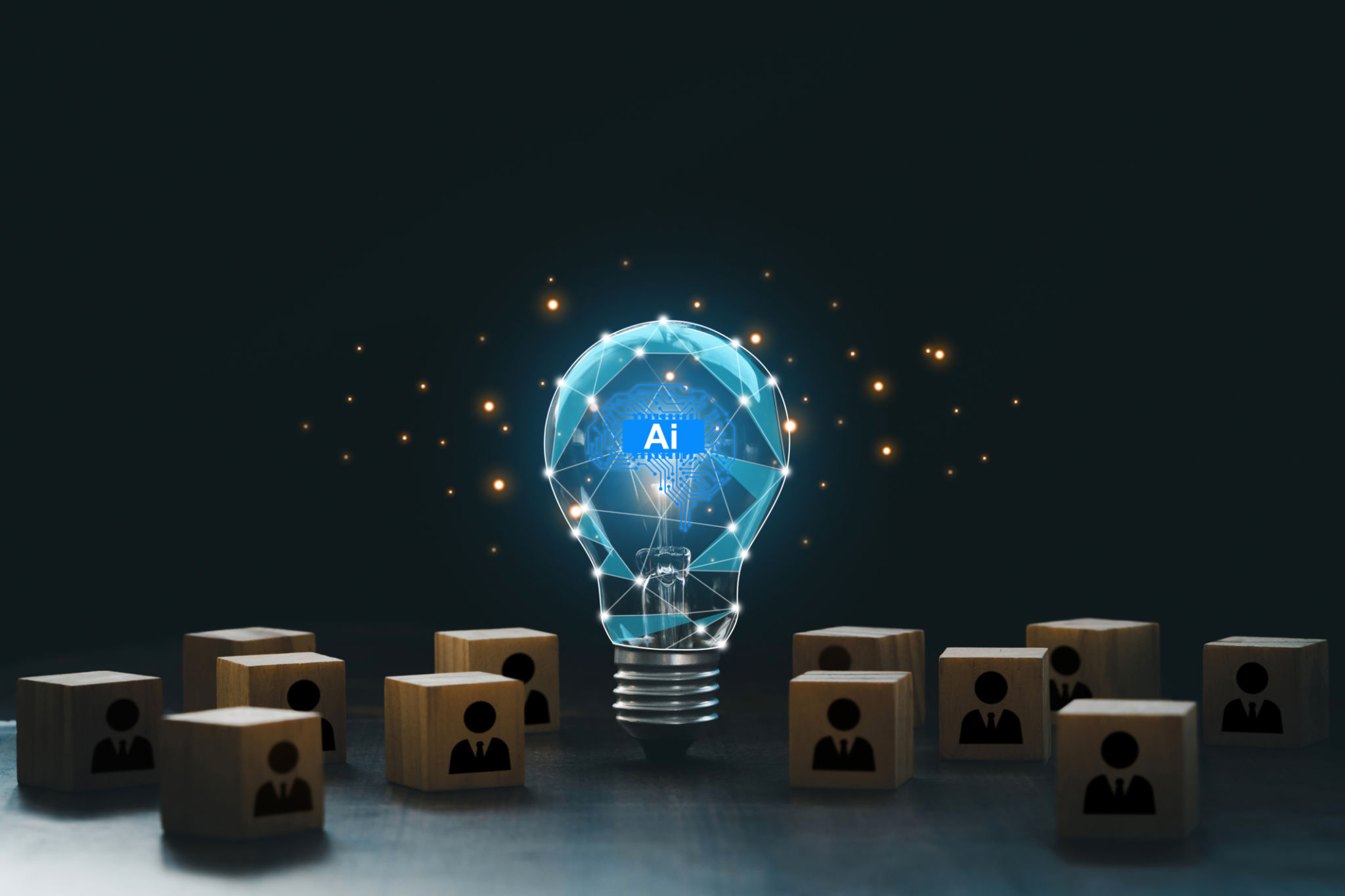How to Leverage AI in Marketing: Transforming Your Strategy
Understanding the Role of AI in Marketing
Artificial Intelligence (AI) is revolutionizing the marketing landscape by providing innovative solutions that enhance strategic planning and execution. By leveraging AI, businesses can gain deeper insights into consumer behavior, optimize marketing campaigns, and ultimately drive better results. AI tools can analyze vast amounts of data quickly, enabling marketers to make informed decisions and personalize customer interactions effectively.
In today's fast-paced digital world, marketers are challenged to keep up with evolving trends and consumer expectations. AI offers a solution by automating repetitive tasks, allowing marketers to focus on creative and strategic aspects of their campaigns. This transformation not only saves time but also reduces human error, increasing the overall efficiency of marketing efforts.

Personalizing Customer Experiences
One of the most significant advantages of AI in marketing is its ability to personalize customer experiences. By analyzing customer data, AI can identify patterns and preferences, enabling marketers to tailor content and offers to individual users. This level of personalization enhances customer satisfaction and loyalty, as consumers feel more connected to brands that understand their needs.
AI-powered tools such as chatbots and recommendation engines allow businesses to engage with customers in real-time, providing instant support and personalized product suggestions. These tools not only improve the customer experience but also increase conversion rates by delivering relevant content at the right moment.

Optimizing Marketing Campaigns
AI can significantly enhance the efficiency and effectiveness of marketing campaigns. By leveraging machine learning algorithms, marketers can analyze campaign performance data to identify what works and what doesn't. This enables them to make data-driven adjustments in real-time, maximizing ROI and minimizing wasted resources.
Moreover, AI can assist in audience segmentation by identifying key demographics and psychographics that are most likely to engage with a particular campaign. This targeted approach increases the chances of reaching the right audience, leading to higher engagement and conversion rates.

Enhancing Content Creation
AI is also transforming content creation by automating various aspects of the process. From generating ideas to writing articles, AI-powered tools can assist marketers in producing high-quality content more efficiently. These tools can analyze trending topics, suggest keywords, and even create drafts, freeing up time for marketers to focus on refining and strategizing their content.
Additionally, AI can help in content optimization by analyzing user engagement metrics and suggesting improvements to enhance readability and SEO performance. This ensures that content not only resonates with the audience but also ranks well in search engines, increasing visibility and reach.
Predictive Analytics for Better Decision Making
Predictive analytics is another powerful application of AI in marketing. By analyzing historical data, AI models can forecast future trends and consumer behavior, allowing marketers to anticipate changes in the market and adjust their strategies accordingly. This proactive approach helps businesses stay ahead of the competition and seize new opportunities.
Using predictive analytics, marketers can optimize inventory management, pricing strategies, and campaign planning, ensuring that resources are allocated effectively to meet consumer demands. This data-driven decision-making process leads to more accurate forecasting and improved business outcomes.

